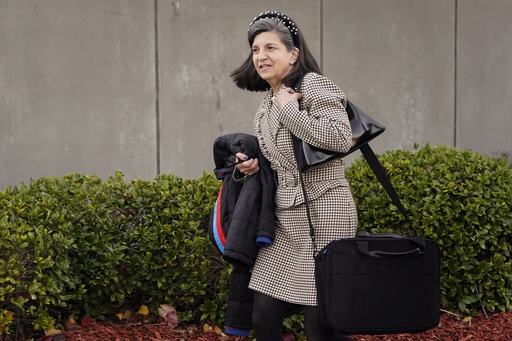A new initiative in Mississippi aims to support individuals in need of mental health services while they are detained and facing serious criminal charges. The Roderick and Solange MacArthur Justice Center at the University of Mississippi School of Law revealed a two-year partnership with the Mississippi Department of Mental Health to address this pressing issue.
The program, known as the MacArthur Forensic Navigator Program, involves a dedicated hotline attorney who will offer guidance to various stakeholders involved in the criminal justice system, including judges, prosecutors, sheriffs, public defenders, and families of incarcerated individuals, as outlined by Cliff Johnson, the director of the MacArthur Justice Center. Johnson emphasized the long-standing practice of keeping individuals with mental health challenges confined in county jails instead of providing them with the necessary mental health care.
Stacy Ferraro, the attorney managing the hotline, highlighted the importance of not abandoning individuals requiring mental health support in jail, noting that many of those arrested are not deliberate lawbreakers but individuals struggling with untreated mental illnesses. The collaboration also aims to reduce wait times for mental health services in jails, stated Dr. Thomas Recore, the medical director for the Mississippi Department of Mental Health.
The program, funded by a grant from Arnold Ventures, has already made a positive impact, as indicated by Itawamba County Sheriff Mitch Nabors. Nabors shared a success story where the collaboration between program representatives led to arranging inpatient care for a woman charged with arson, who had a prior mental health diagnosis. The primary goal, according to Nabors, is to ensure the safety of individuals in correctional facilities while providing them with the necessary mental health support.


